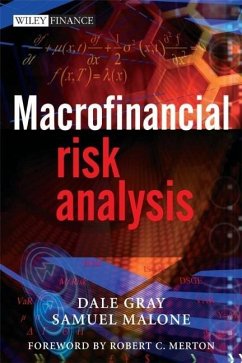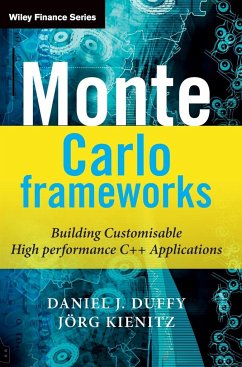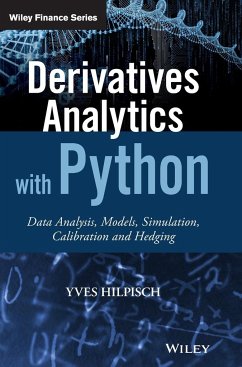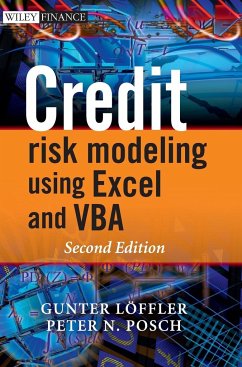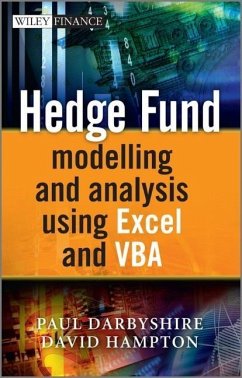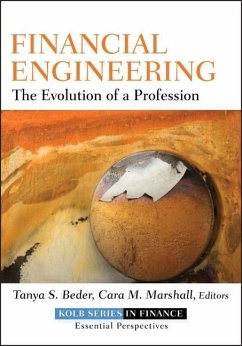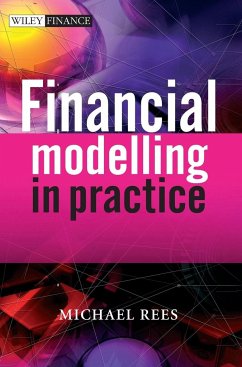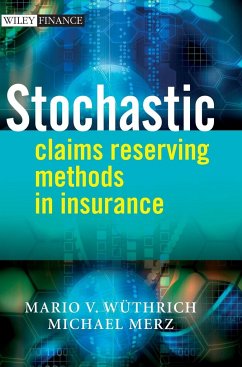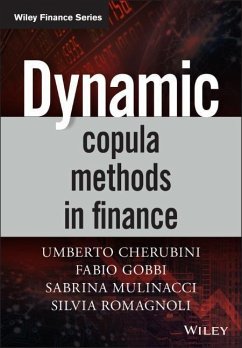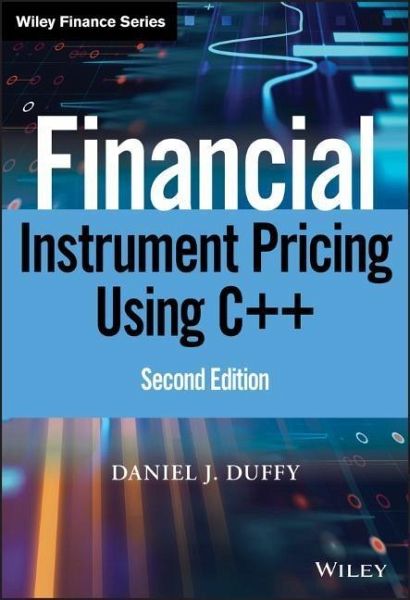
Financial Instrument Pricing Using C++
Versandkostenfrei!
Versandfertig in über 4 Wochen
103,99 €
inkl. MwSt.
Weitere Ausgaben:

PAYBACK Punkte
52 °P sammeln!
C++ is one of the best languages for the development of financial engineering and instrument pricing applications. It has several features that allow developers to write robust, flexible and extensible software systems. It is an ANSI/ISO standard, fully object-oriented and interfaces with many third-party applications. It has support for templates and generic programming, massive reusability using templates ('write once') and support for legacy C applications. This book applies C++ to the design and implementation of classes, libraries and latest applications for option and derivative pricing models. The new edition follows the same structure as used in the first edition but is completely updated to reflect current practice and the numerous new developments that have taken place in computational finance over the past 5 years. It features over 50% new material including brand new code libraries supplied by Boost C++ (a repository for free peer-reviewed portable C++ source libraries), more extensive examples than used in the first edition, as well as calibration techniques that will bring readers right up to date with the latest programming technology. It supports the latest pricing and numerical techniques quants use as well as parallel and multithreading applications. Using the most up to date models and code it employs modern software engineering techniques to produce industrial-strength applications: - ? Using the Standard Template Library (STL) in finance ? Creating your own template classes and functions ? Reusable data structures for vectors, matrices and tensors ? Classes for numerical analysis (numerical linear algebra ...) ? Solving the Black Scholes equations, exact and approximate solutions ? Implementing the Finite Difference Method in C++ ? Integration with the 'Gang of Four' Design Patterns ? Interfacing with Excel (output and Add-Ins) ? Financial engineering and XML ? Cash flow and yield curves With the forthcoming launch of C++0x there has never been a better time for a revised edition to this C++ classic. The book is accompanied by a CD ROM which includes the most up to date source code so readers can implement all models immediately.




